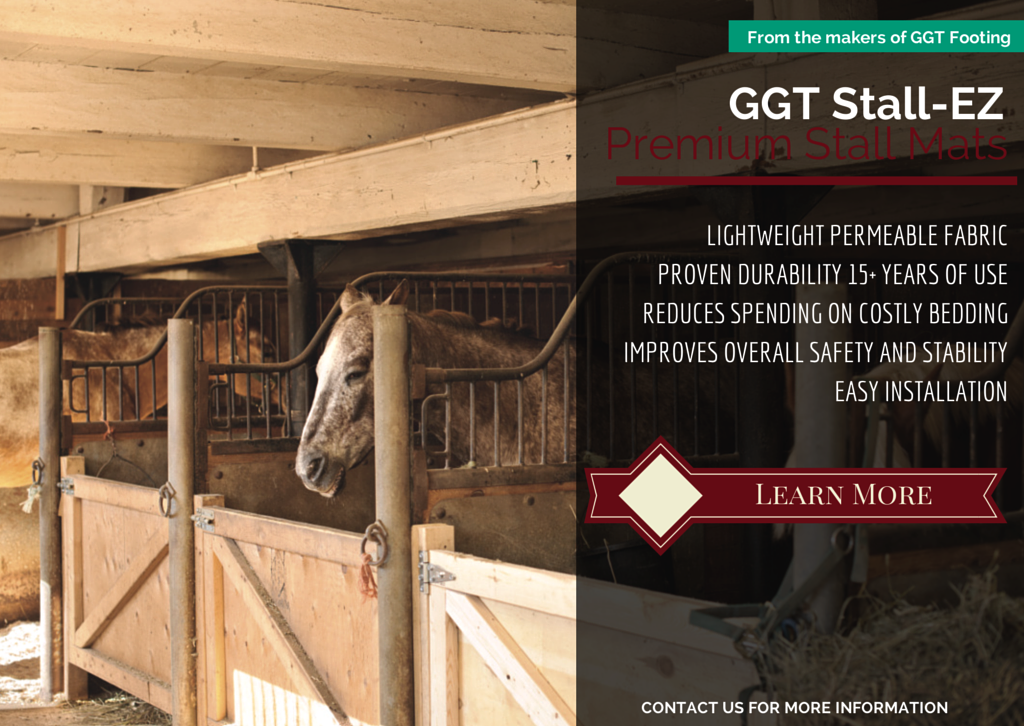Old man winter is almost back in town and it's time to start the winter preparations around the barn. One of the big decisions you need to make before winter is are you going to be blanketing your horse? There are many pros and cons to using a blanket during winter and it's important to review them all before the time comes.
Reasons Not To Blanket:
- You save money- A good quality horse blanket can run you quite the pretty penny! Especially if you are looking for more than one feature, such as being rain proof as well as keeping your horse warm.
- No more blanket repairs- Horse blankets are in such a price range that nobody wants to just throw them out when they get a rip or tear in them. While repairing is less than repurchasing, it is still expensive.
- No injuries- When a blanketed horse is turned out into pasture, it leaves potential for injury. Horses can get their blankets caught on fences, trees, or other objects.
- No overheating- If you're not in the immediate vicinity of your horses when they're blanketed, you run the risk of a horse overheating when there is a sudden spike in temperature.
Reasons To Blanket:
- Clipped coats- A horse who has had their winter coat clipped (particularly show horses) will not have the insulated layers of a horse with a natural winter coat. A horse with a clipped coat will generally require a blanket during the winter months.
- Senior horses- Older horses generally have a harder time keeping warm than younger horses.
- Hard keepers- Some horses, no matter their age, have a hard time with weight. An underweight horse, a horse that has frequent weight loss periods, or a horse that stresses easily will most likely require blanketing.
- Wet and cold- Environmental factors are the largest contributor to whether a horse needs blanketing or not. If you are in an area that is wet as well as cold, chances are you will need to blanket.
- Shelter- A sound horse with adequate shelter can generally generate its own heat. However, if you do not have enough shelter for your horses, blanketing is an option.

Every situation, horse, and environment is different and it's important to look at every horse individually when making the decision on whether to blanket or not. If you do decide to blanket, here are some tips to help you in the process.
- It's vital that you only apply a blanket to a clean, dry horse.
- Make sure to use the appropriate blanket for it's appropriate use. For example, a turned out horse requires a turnout blanket. Blankets designed for turnout are waterproof. Using a non-waterproofed blanket on a horse that is outside - facing the elements - can quickly become saturated, which in turn makes the horse cold.
- Ensure the blanket you are using is the correct weight for the temperatures your horse will be facing. If it is 40-50 degrees outside, your horse will most likely be comfortable in a lightweight blanket. A horse standing in 10 below zero temperatures, will benefit the most from that of a heavyweight blanket.
Blanketing is a personal decision based on environmental factors as well as hair coat, age, weight, and keeping ability of each individual horse. Every horse owner has their own preferences and it is in their own right to do so. There is no right or wrong decision, merely what decision best benefits the horse. For more information on preparing for winter, please do not hesitate to contact us.


